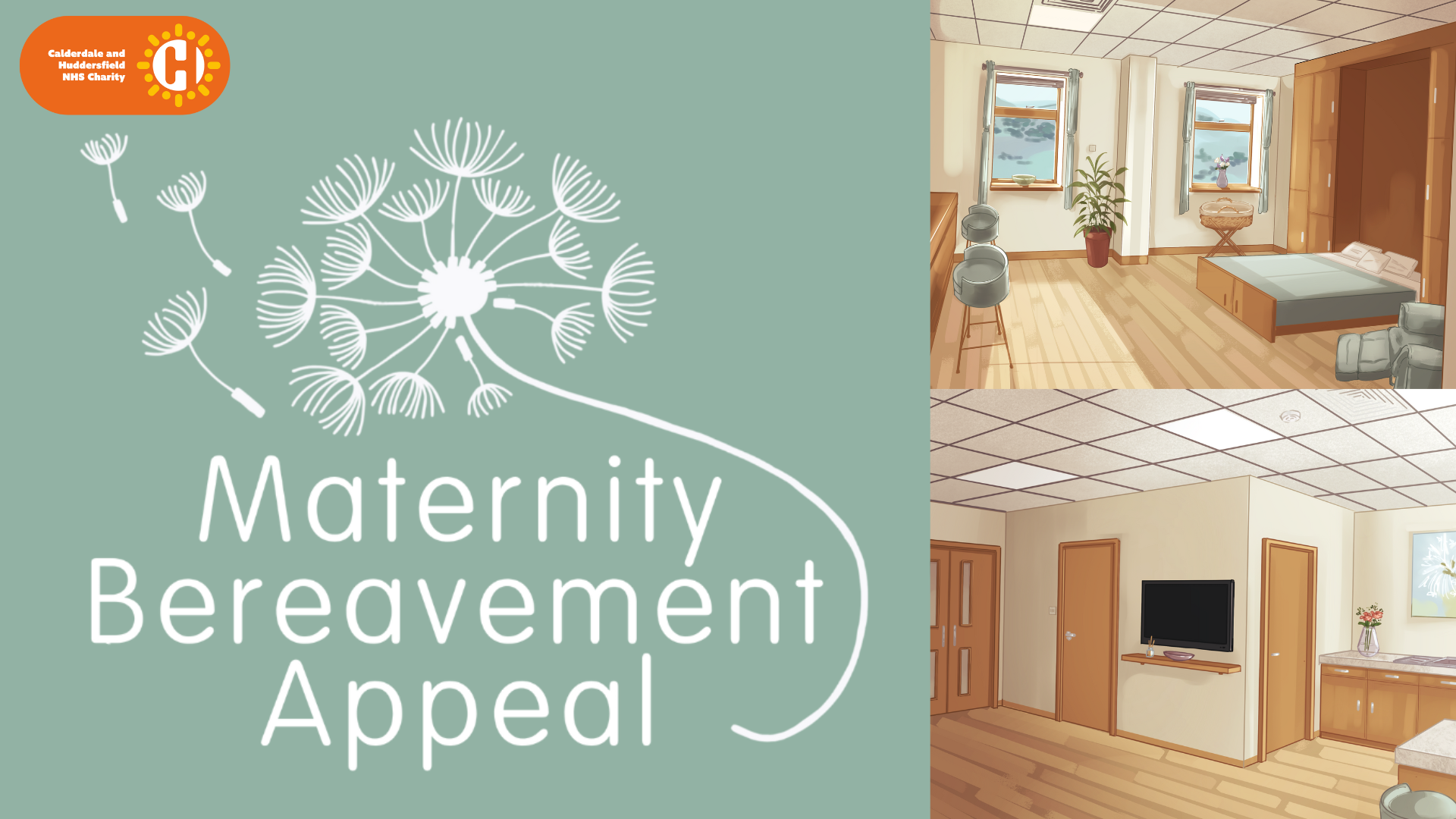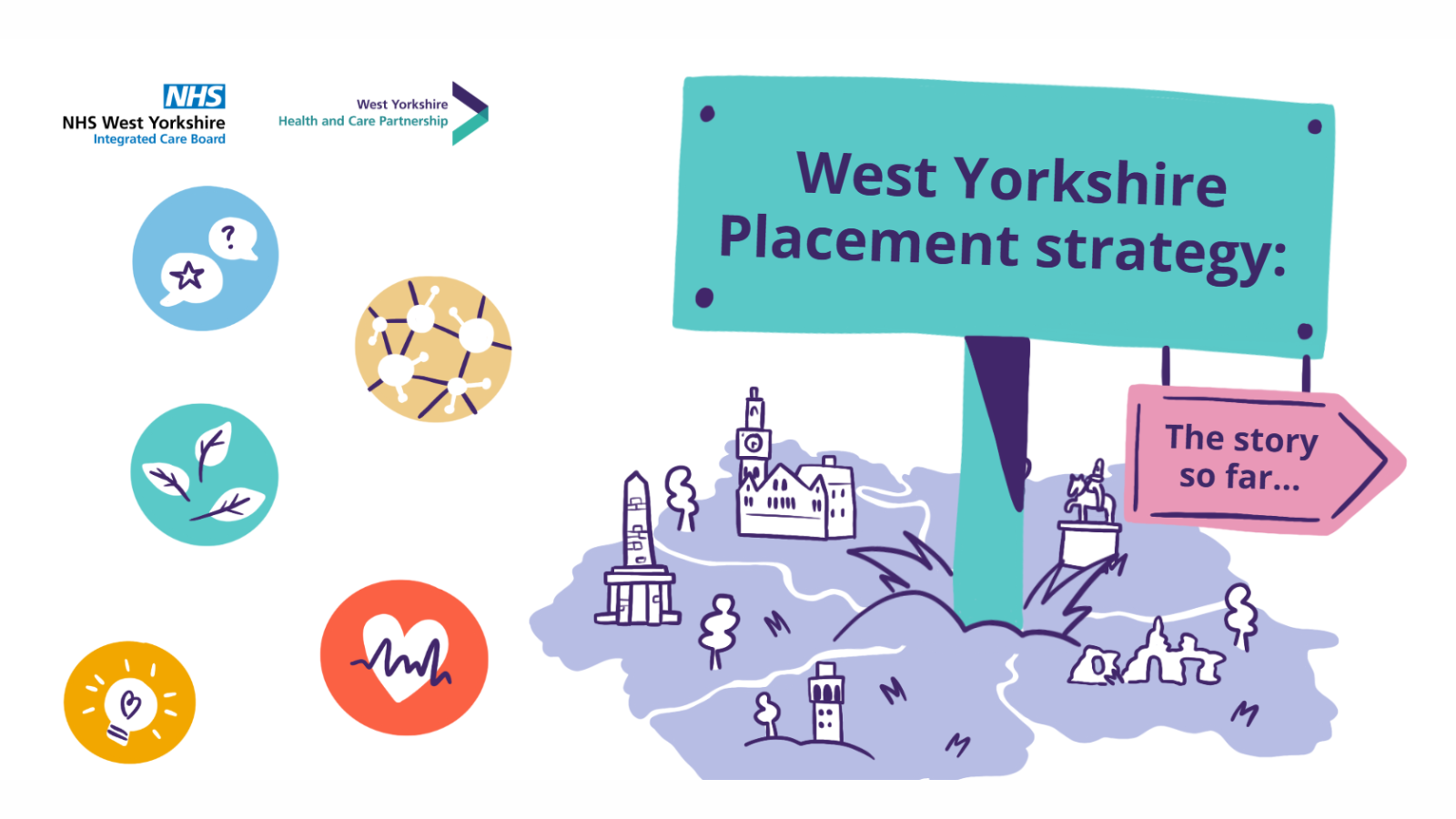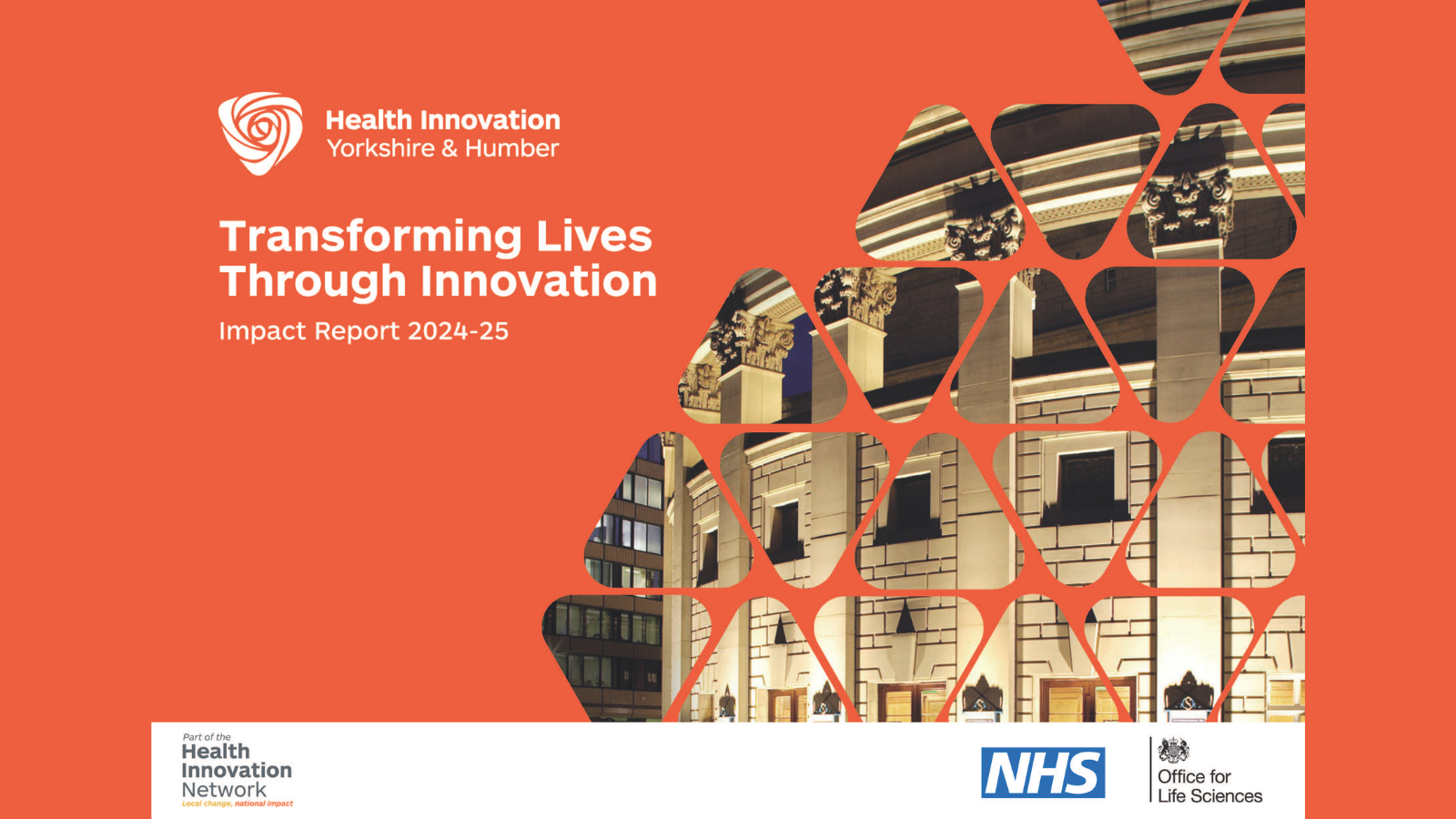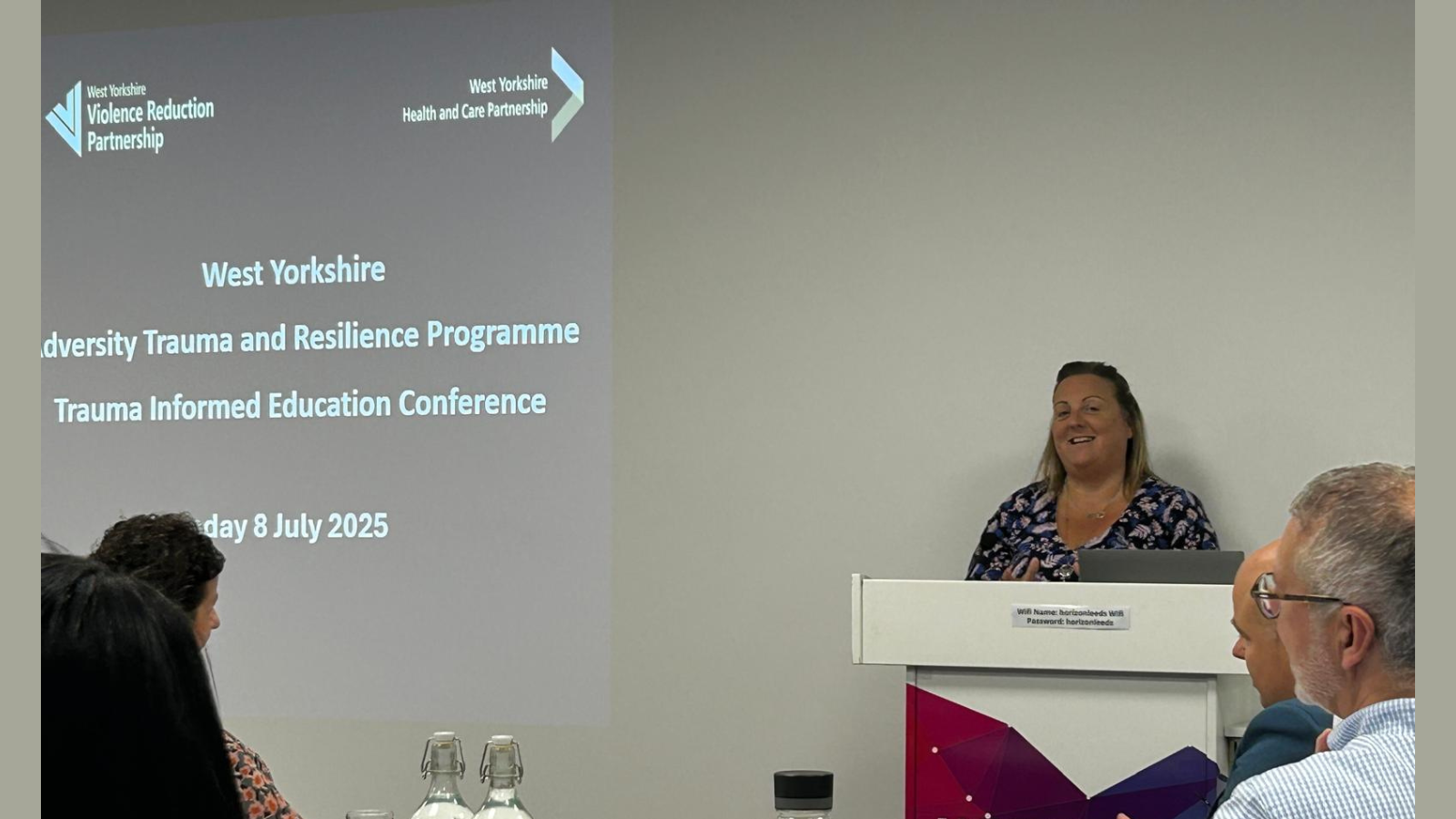At the heart of this transformation is the principle of partnership. Leeds City Council partnered with the Institute of Health Equity, led by Professor Sir Michael Marmot, to embed the Marmot Principles into local policy and practice. This collaboration brought together the NHS, local government, universities and the voluntary and community sector to co-design solutions that address the social determinants of health, such as housing, education, employment and environment.
But Leeds didn’t stop at collaboration. The city is starting to embrace proportionate universalism, a concept that recognises while everyone should benefit from public services, those in greater need should receive more support. This approach ensures that interventions are scaled according to the level of disadvantage, helping to reduce the steep gradient of health inequality across the city. For example, while all communities might benefit from improved access to green spaces, those in deprived areas may see more targeted investment and programming.
What truly sets Leeds apart is its commitment to embedding health equity across all policy areas. Tackling health inequalities is no longer seen as the responsibility of the health and care system alone. Instead, it’s a shared goal across all policy domains - including, for example, housing, regeneration and economic development. A whole-system review in 2023/24 helped identify where inequalities persist and how existing strategies could be aligned to address them. This integrated approach ensures that every policy decision is an opportunity to improve health outcomes and reduce disparities.
Other cities looking to follow Leeds’ example can start by building strong, cross-sector partnerships and aligning around shared goals. Conducting local data analysis to understand the specific drivers of inequality is essential, as is designing universal policies that are responsive to varying levels of need. Embedding health equity into all policies requires leadership, training and a willingness to challenge traditional silos. But the payoff is significant - healthier communities, reduced demand on services and a more resilient society.
This model is especially relevant in the context of the NHS’ new 10-Year Plan, Fit for the Future (2025), which places a strong emphasis on prevention, equity and integrated care. The NHS recognises that it cannot meet rising demand or improve outcomes without addressing the root causes of ill health. Marmot Cities like Leeds are already doing this work - reducing the burden on healthcare services by preventing illness before it starts.
Moreover, the NHS plan calls for care to be co-designed with local government and communities, aligning perfectly with the Marmot City approach. Integrated care systems are expected to lead this transformation, and Leeds offers a working model of how this can be done effectively. By tackling health inequalities head-on, cities like Leeds are not only improving lives, they’re also helping to secure the long-term sustainability of the NHS.
As Councillor James Lewis, Leader of Leeds City Council, put it, “We cannot, and we must not shy away from the fact that many of our communities experience poor physical and mental health and are living shorter lives than they should.” Leeds’ leadership shows what’s possible when a city commits to fairness, evidence and collaboration.
In becoming a Marmot City, Leeds has set a powerful example - one that other cities and the NHS itself would do well to follow.
Find out more information about what we have been doing since we became a Marmot City.


 Leeds as a Marmot City: A Blueprint for Health Equity and NHS Sustainability
Leeds as a Marmot City: A Blueprint for Health Equity and NHS Sustainability Only order what you need – campaign launched
Only order what you need – campaign launched  CHFT launches new maternity bereavement appeal
CHFT launches new maternity bereavement appeal The future of the healthcare workforce in West Yorkshire
The future of the healthcare workforce in West Yorkshire Health Innovation Yorkshire & Humber publishes latest Impact Report
Health Innovation Yorkshire & Humber publishes latest Impact Report  Trauma-informed education conference unites educators in West Yorkshire
Trauma-informed education conference unites educators in West Yorkshire